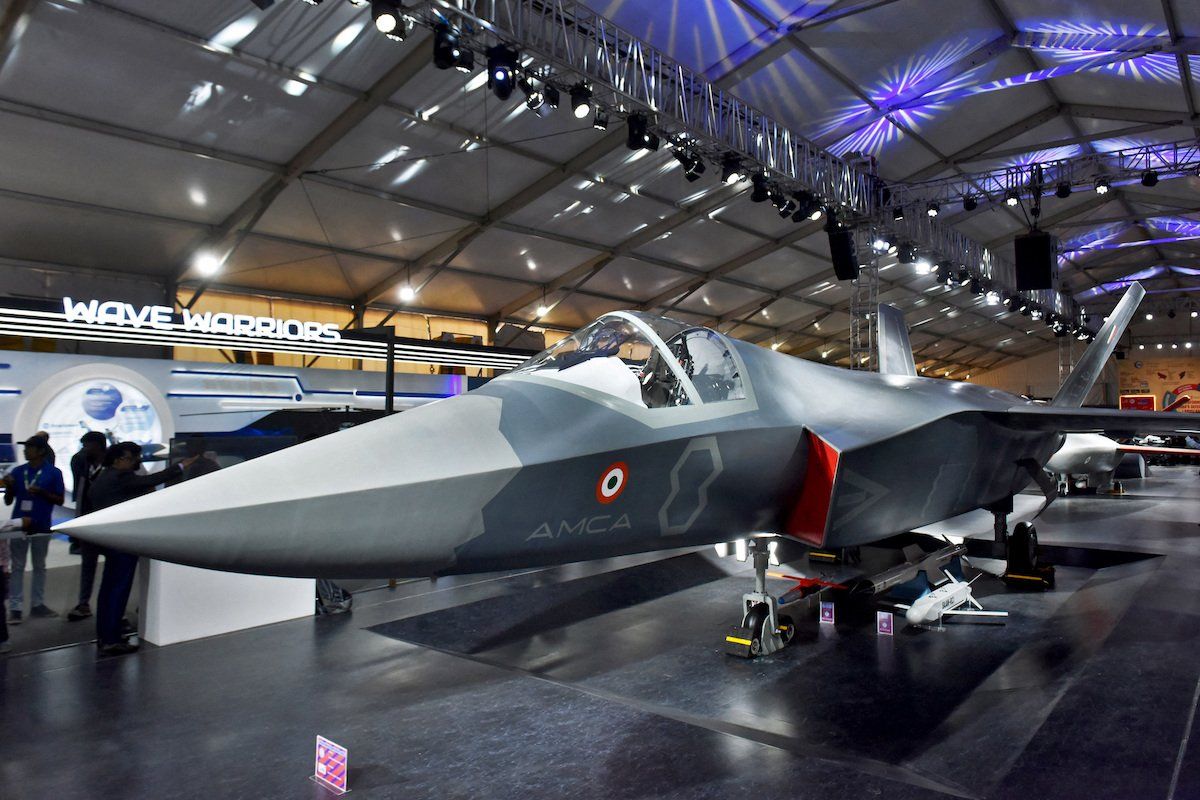Hard Numbers: India makes “stealth” plans, the French come to Jesus, Africa’s economy keeps growing, Trump reworks the electoral map, and more
31: India’s Air Force has just 31 squadrons of aircraft, nearly a dozen short of its approved warfighting goal. In the wake of the recent conflict with Pakistan, and with rival China’s armed forces rapidly growing, New Delhi has approved a plan to explore building a new, fifth-generation stealth fighter jet.
46: The number of French adults who got baptized during Easter jumped 46% compared to last year, exceeding 10,000, the highest mark in the 20 years since the church began keeping records. The number of teens who were baptized, meanwhile, is ten times higher than in 2019. Although nominally Catholic, France has long been among the least religious European countries. Is that changing?
3.9: Africa’s economic output will grow by 3.9% this year, according to a new forecast by the African Development Bank. A healthy clip to be sure, but down from an earlier estimate of 4.1% because of uncertainty about the impact of global trade wars. Last year, the continent’s economies expanded a total of 3.2%.
1,433: In 1,433 electoral districts across America, Donald Trump has expanded the Republican vote share for three consecutive elections. By contrast, Democrats have managed this triple-feat in just 57 districts. This New York Times data investigation lays bare the extent of Trump’s ideological and geographic realignment of American politics.
1 million: As Germany looks to boost its armed forces, Europe’s strict data protection rules are making it harder to get in touch with nearly one million potential reservists. The German army currently relies on 60,000 reservists but aims to increase that to 260,000 in the coming years.
1.3 million: There were 1.3 million foreign students pursuing degrees in the United States in 2023, but those hoping to follow in their footsteps may find trouble ahead, as the State Department is halting interviews for those applying for student visas. It’s not just the potential pupils who are worried: Tuition from foreign students is a vital funding stream for American universities.
